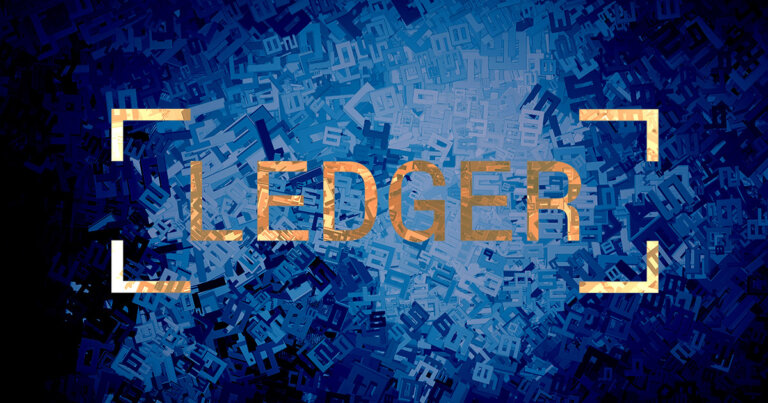 Ledger launches controversial Recover service
Ledger launches controversial Recover service Ledger launches controversial Recover service
The feature is optional, but it has still been a point of contention for users concerned about potential government access.

Cover art/illustration via CryptoSlate. Image includes combined content which may include AI-generated content.
Hardware wallet company Ledger announced on Oct. 24 that its controversial wallet recovery service, Ledger Recover, is now available to customers.
Recover allows users to link their personal ID to an encrypted and fragmented secret recovery phrase stored with three separate companies.
Pascal Gauthier, chairman and CEO of Ledger, tweeted:
“Today is the day. I’m glad to announce that our secure wallet recovery solution Ledger Recover, provided by Coincover, is now available for Ledger Nano X users.”
Ledger separately noted that subscription to the service is “not automatic.” It indicated that users must pay $9.99 monthly and approve the backup process.
Ledger said that Recover is aimed at users concerned about storing their recovery or seed phrase on an easily damaged piece of paper. It also suggested that its solution is more secure than centralized exchange wallets; unlike those centralized services, Ledger Recover does not hold funds on behalf of users.
According to Ledger, the Recover service is essential to achieving “mainstream adoption around digital value” by providing a low barrier to entry.
Recover continues to attract backlash.
Despite Ledger’s attempts to assure the community that Ledger Recover is secure, the feature continues to attract intense criticism from the crypto community.
Several community tweets today urged users not to use the Recovery service. Many individuals quoted earlier comments from Ledger co-founder Éric Larchevêque, who suggested that a government subpoena could force the three involved companies to surrender recovery info, allowing the government to access user funds.
It’s worth noting that Larchevêque no longer holds an executive position in Ledger and is simply a shareholder. As such, his speculation has not been confirmed by Ledger itself.
Meanwhile, some users have raised concerns that even though Recover is optional, the functionalities that support it are included in regular firmware updates. This could introduce security issues or allow Ledger to introduce other backdoor access in the future.








































































































